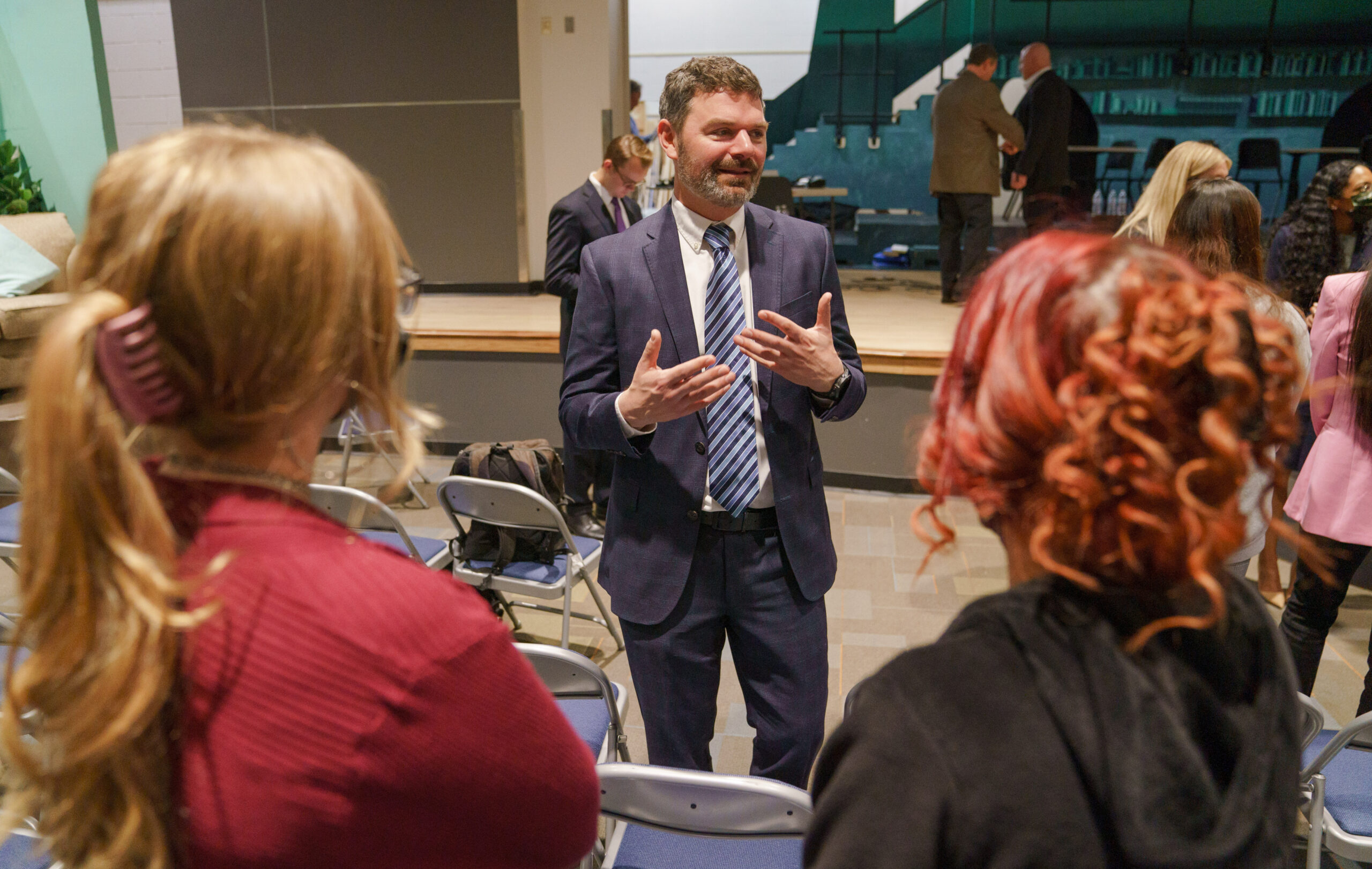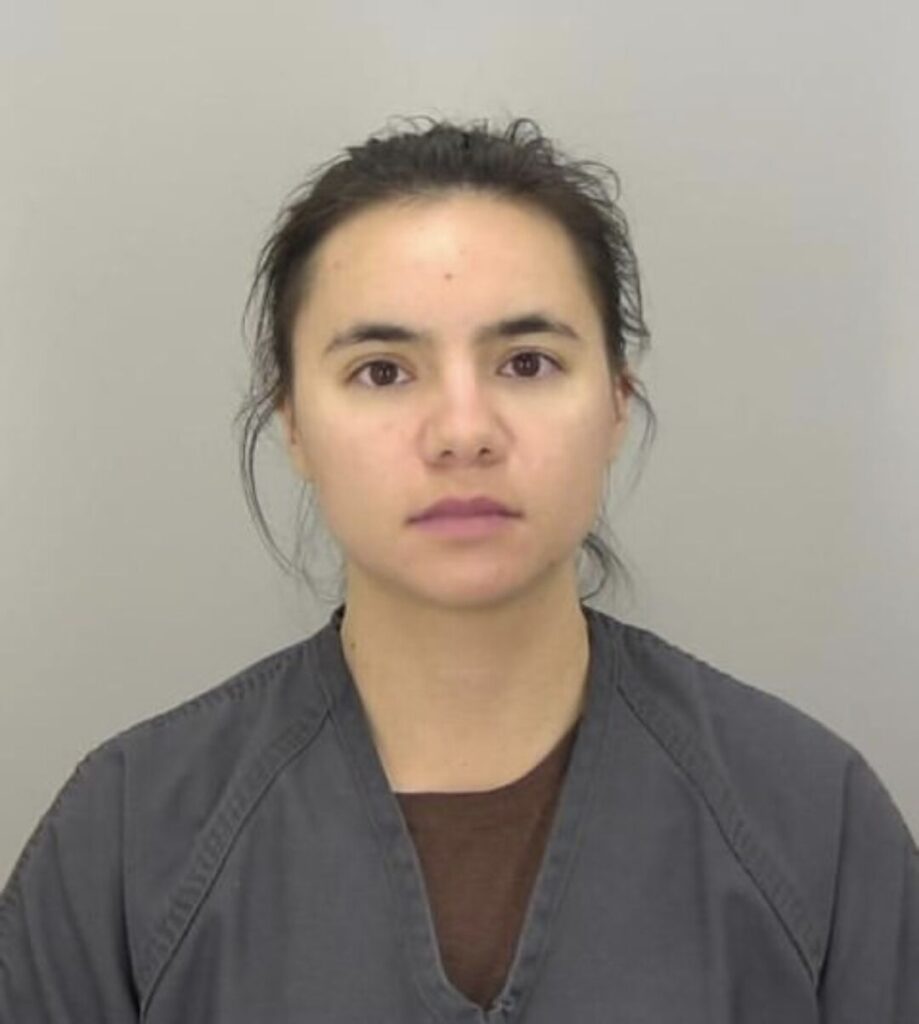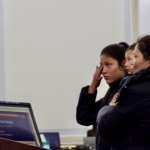Eagle County judge’s mistake prompts appeals court to overturn sex assault convictions
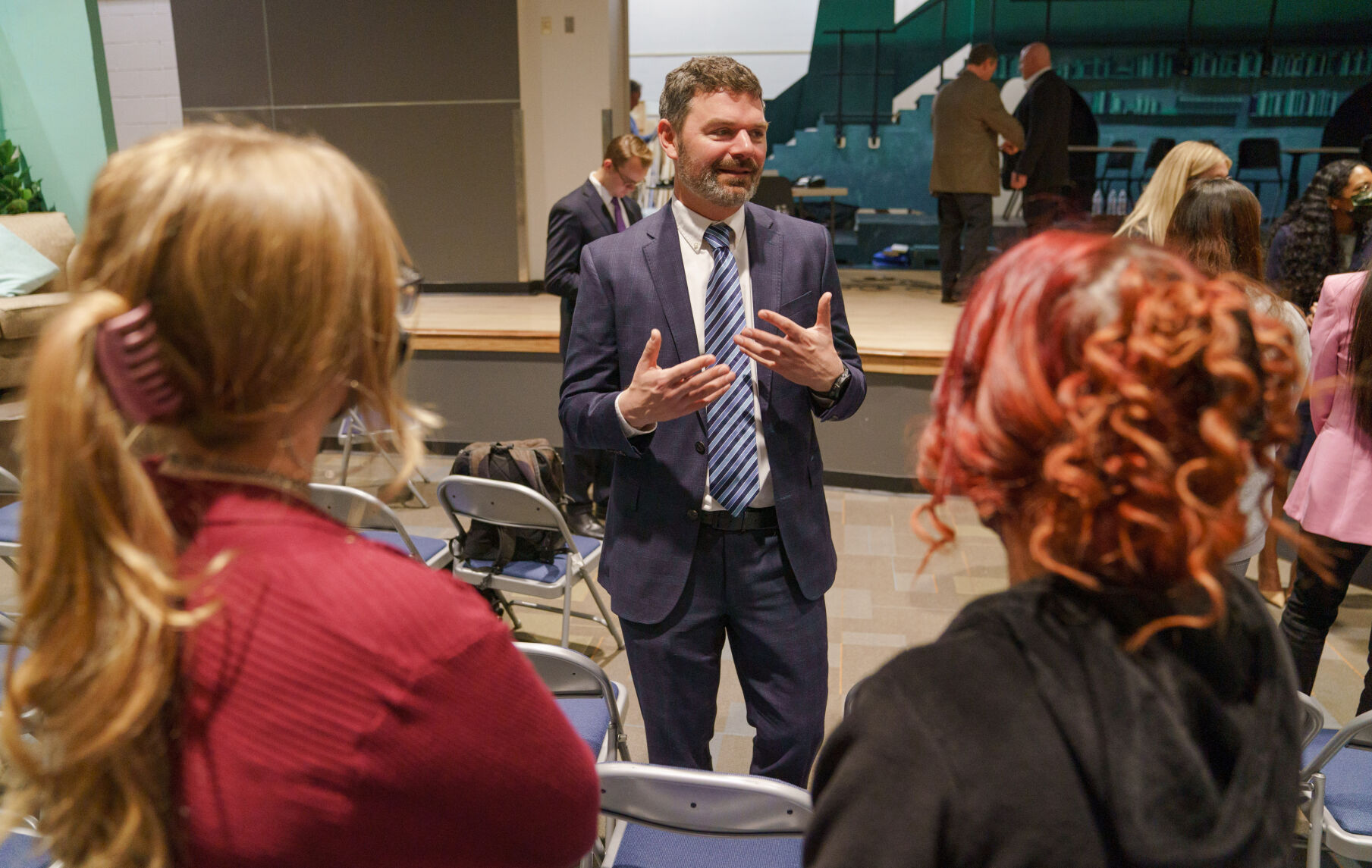
An Eagle County judge neglected to declare a mistrial when the COVID-19 pandemic forced a postponement of the defendant’s trial date, pushing the proceedings outside of the speedy trial deadline and prompting Colorado’s second-highest court to overturn the convictions.
The federal and state constitutions guarantee defendants the right to a speedy trial. In Colorado, that means the government generally must bring defendants to trial within six months of a not guilty plea. The legislature has provided one consequence for a violation: dismissal of the charges, with a bar against any future prosecution.
George Patrick Brown stood accused of multiple sexual assault charges, and his case remained pending at the time the COVID-19 pandemic hit. Although the parties were pressed up against the speedy trial deadline near the end of 2020, Brown agreed to a trial date of Jan. 4, 2021. But when pandemic protocols prevented trials from taking place on that day, the court vacated and rescheduled Brown’s jury trial.
The problem, according to Brown, was the defense never agreed to postpone his trial date beyond Jan. 4 and the trial judge failed to use the tools available to him for lawfully extending the speedy trial deadline. A three-judge panel of the Court of Appeals agreed.
“We acknowledge that defense counsel did not alert the court or the prosecutor to the impending speedy trial problem caused by the failure to declare a mistrial or grant a continuance beyond the agreed-upon trial date of January 4, 2021. But it was not defense counsel’s job to do so,” wrote Judge Matthew D. Grove in the panel’s Dec. 14 opinion.
Case: People v. Brown
Decided: December 14, 2023
Jurisdiction: Eagle County
Ruling: 3-0
Judges: Matthew D. Grove (author)
Anthony J. Navarro
Katharine E. Lum
Background: Arapahoe County judge violated speedy trial deadline, Supreme Court finds in tossing charges
Brown’s appeal centered on a courtroom conversation that took place on Oct. 19, 2020, days before his original trial date of Oct. 26. Then-District Court Judge Russell H. Granger announced that “as fate would have it,” a murder trial would likely go forward that same day and “bump” Brown’s case.
Granger floated the idea of staying the course and seeing if the murder case resolved itself without a trial, or else ordering a continuance of Brown’s trial. Hypothetically, responded Brown’s attorney, if the defense asked for a continuance, would Brown be giving up his right to a speedy trial “until the next court date available?”
“Certainly, we can,” Granger responded.
The parties agreed on Jan. 4 as the new date. Brown’s attorney clarified that Jan. 4 would be “the last day we could try this, unless we’d move to continue it.”
“Right, OK. Yeah,” Granger said.
The following month, a court clerk emailed the parties to notify them that, on the chief judge’s order, jury trials would be canceled until Jan. 19 due to the pandemic. The clerk gave the parties three dates for a status conference, and the attorneys selected Jan. 6, 2021.
Appearing before District Court Judge Reed W. Owens, who had just taken over the case, Brown’s attorney argued the charges must be dismissed for a speedy trial violation because “it’s my understanding that when a case is going to be continued by the COVID restrictions, that the policy in effect requires a mistrial to be declared.”
Owens declined to throw out the case and offered shifting explanations across various orders: The previous rescheduling amounted to a “continuance of the trial that was agreed to by defendant.” Alternatively, Granger did declare a mistrial. But even if Granger had not, the chief judge’s order amounted to a declaration. If that was not the case, then the defense agreeing to the Jan. 6 status conference meant Brown consented to a new speedy trial deadline. Finally, Owens himself declared a mistrial.
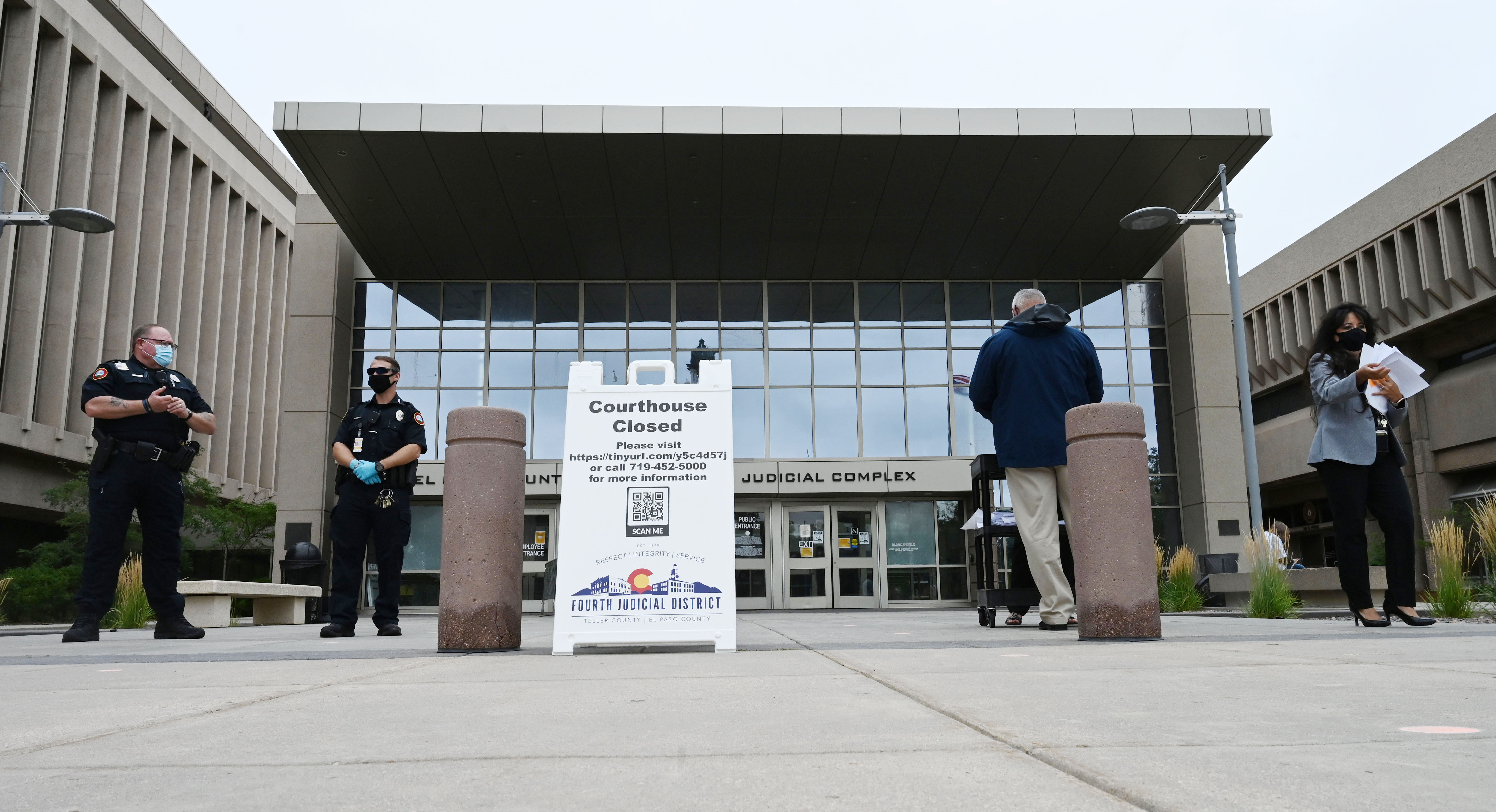
After a jury convicted Brown, he appealed. By that time, the Colorado Supreme Court had answered the question of whether trial judges may retroactively declare a COVID-19-related mistrial in order to extend the speedy trial deadline. No, they cannot, the justices ruled.
Because it was clear Granger and Owens did not declare a mistrial before Jan. 4, the Court of Appeals focused on whether the defense requested a continuance during the October hearing. If Brown asked to continue, his speedy trial deadline would have been extended by six months, and far beyond Jan. 4.
Grove, writing for the appellate panel, noted the parties all seemed to understand Brown had agreed to an extension to Jan. 4, but no further.
“(N)o one present at the hearing believed that the January 4 trial date was being set as a result of a request for a continuance,” he wrote. Consequently, “we can only conclude that the trial court’s failure to declare a mistrial or grant a continuance before the expiration of the statutory deadline resulted in a violation of Brown’s speedy trial rights.”
Grove added it did not matter that Brown’s attorney had agreed to attend the Jan. 6 status conference, as the court had already canceled the trial unilaterally.
The case is People v. Brown.
